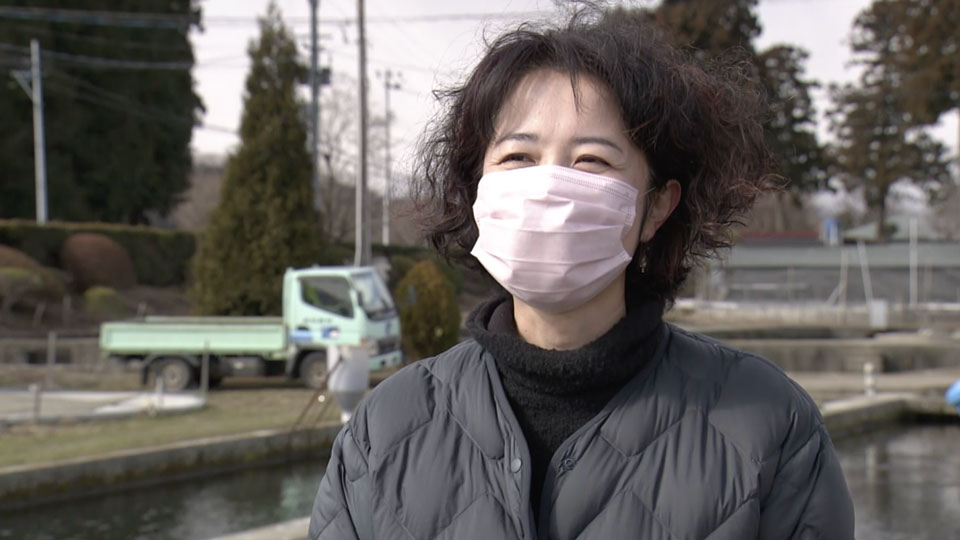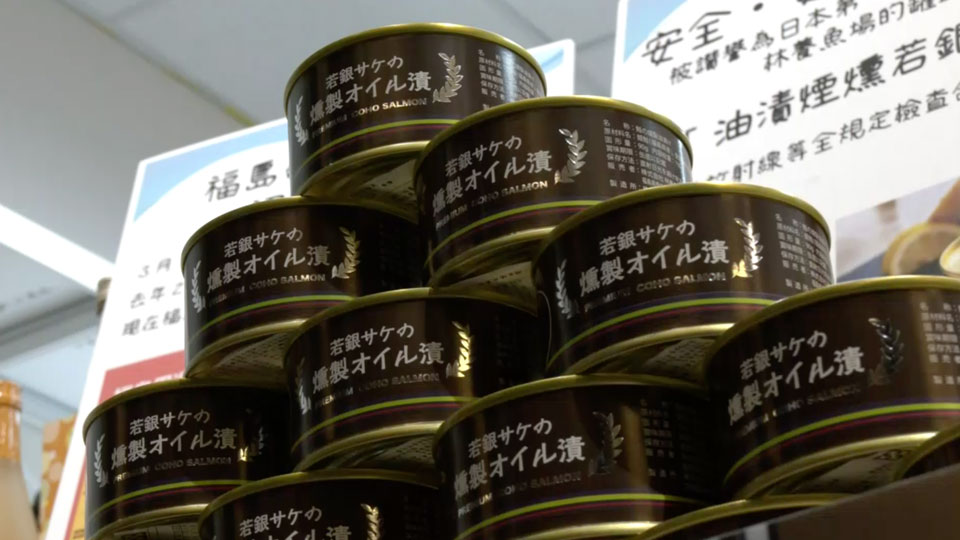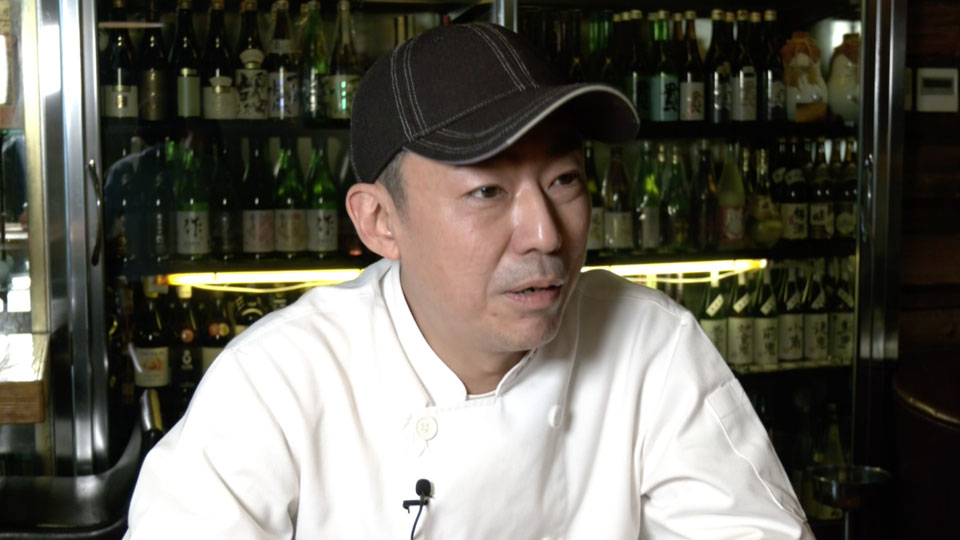With nearly 90 years in the business, Hayashi Trout Farm is one of the oldest fish farms in Japan. The firm specializes in raising salmon on the plains of Fukushima Prefecture.
It's a task that requires plenty of patience. It takes three years for a salmon to grow large enough for market. But this major time investment used to pay off for the Hayashi team, which enjoyed strong sales in Japan as well as in the United States and Taiwan.
That all changed in 2011 with the meltdowns at the Fukushima nuclear plant. The farm's owners suddenly found it a struggle to sell to people within Japan, and no longer possible to export.
Monthly inspections by the prefecture found no unsafe levels of radioactive substances, but that did little to reassure consumers, retailers or authorities abroad.
In 2018, the people at Hayashi Trout Farm thought that sufficient time had passed to try exports again. They found an interested party in Thailand, but for reasons they don't fully understand, their salmon never made it to any dinner tables. Though the shipment passed safety tests, all the salmon was dumped after reaching Thailand.
Hayashi Kayo, a senior managing director of the farm looks back at that time: "It was a great shock. We had confidence in our product. I think people would have enjoyed eating our salmon. It was painful, but there was nothing we could do."

Taiwan, one of the largest consumers of Japanese exports, last year gave the green light for the import of products from Fukushima and four other nearby prefectures.
Since then, though, nobody in Taiwan has imported fresh food from Fukushima.
In a supermarket in Taipei, one male customer in his 70s suggests why. Despite the time that's passed and the official reassurances of safety, he's still worried there may be lingering effects from the radiation.
Some retailers in Taiwan have the same hesitation. The owner of the Shuanglian fish market says he is still afraid to sell fish that comes from Japan. He believes the nuclear accident still has some effect.
That perception is being challenged by supporters of closer ties between Japan and Taiwan. David Wu has set up a promotional booth at a Japanese specialty store in Taipei dedicated to canned Fukushima salmon. The "radiation-free" test results are on clear display.

Wu is a part of a group called Fukushima Zenshindan that was founded three years ago to help promote the disaster recovery efforts in Fukushima. Many of the members are from Taiwan or have roots in Japan. Last year Wu was part of a trip with Fukushima Zenshindan to Hayashi Trout Farm. He says he felt more reassured after actually seeing their work first-hand: "They have pride in what they make, and they really do test everything before exporting."

The group was inspired to bring back several hundred cans of salmon, hoping to stir up interest.
At his booth, he shows potential customers proof that the salmon passed safety tests. One of those customers says she was wary at first as it's difficult to forget about the effects of the disaster, but after listening to Wu she's confident that it's safe to eat.

Michael Ou is another canned salmon convert. He runs a sake-focused restaurant in Taipei and has toured the breweries of Fukushima. When Wu offered his chef the Fukushima salmon, he jumped at the chance to update his menu.
"Combining Fukushima sake and Fukushima cuisine, it takes you right there," says Ou. And the initial reactions from his guests have been encouraging. Though most didn't know Taiwan had eased restrictions on imports from Fukushima, they're usually willing to give it a shot.

But convincing a few diners is one thing. Healing 12 years of negative perceptions is another. The fish farmers in Fukushima are grateful for the support, but hoping it's just the first step.

